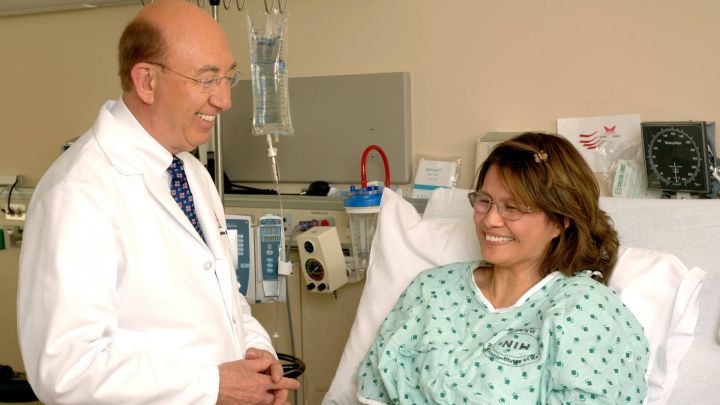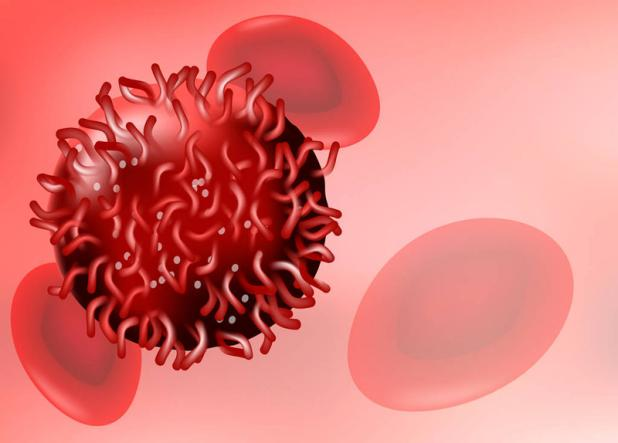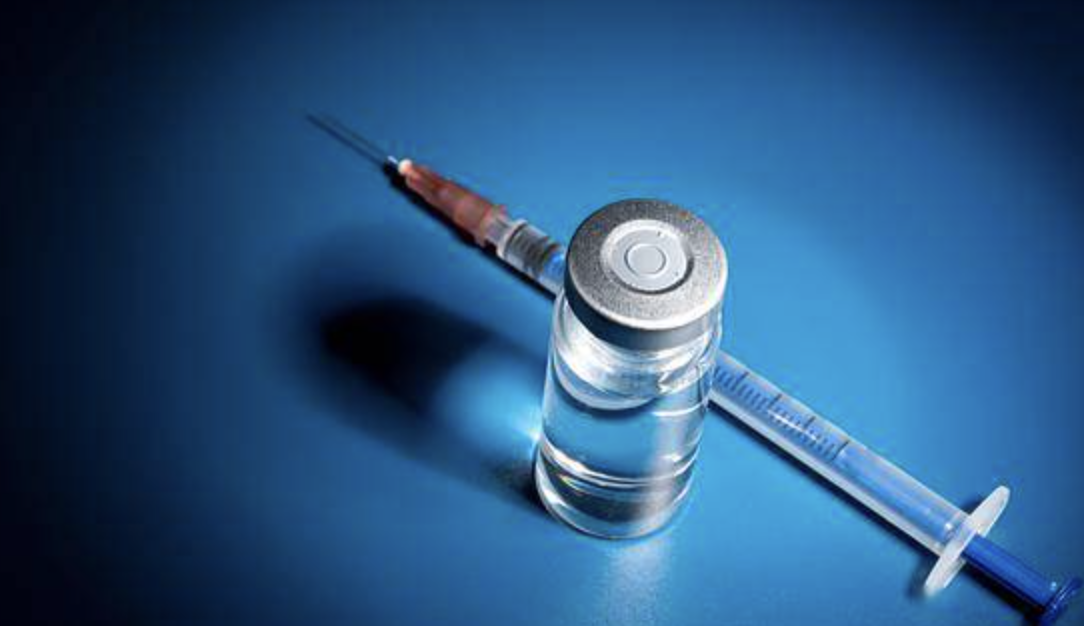Apparatus
New Lymphoma Drug Approved! Half Of The Patients Had Significant Tumour Regression
The US FDA has accelerated the approval of the new drug Pirtobrutinib for the treatment of relapsed or refractory set of cell lymphomas. The drug led to substantial tumour disappearance in 50% of patients, with 13% of them having complete tumour disappearance.

Recently, the US FDA granted accelerated approval for Pirtobrutinib for the treatment of adult patients with relapsed or refractory set of cell lymphomas, requiring that patients have received at least two systemic therapies, including a BTK inhibitor. Notably, Pirtobrutinib is the first BTK inhibitor approved for the treatment of patients who have been treated with a covalent BTK inhibitor.

Basis for approval.
The effectiveness of Pirtobrutinib was evaluated in the BRUIN trial.
This was an open-label, multi-centre, single-arm trial that enrolled 120 patients with condylomatous lymphoma who had previously received a BTK inhibitor. These patients had received a mean of 3 lines of prior therapy, with 93% having received 2 or more lines of prior therapy. The common BTK inhibitors on prior therapy were ibrutinib, Acalabrutinib and Zebutinib, which were discontinued in 83% of patients due to refractory or progressive disease.
Enrolled patients received 200 mg of Pirtobrutinib orally once daily until disease progression or intolerable toxic effects occurred.

The results showed that 50% of the patients had substantial tumour disappearance, with 13% of them having complete tumour disappearance. The expected duration of efficacy was 8.3 months on average, and remained effective in 65.3% of patients at 6 months.
Pirtobrutinib is a potent and highly selective non-covalent BTK inhibitor that uses a novel binding mechanism to re-inhibit BTK even when patients have received prior treatment with other BTK inhibitors, including ibrutinib, Acalabrutinib and Zebutinib. In addition, Pirtobrutinib can extend the benefits of targeting the BTK pathway.
Common adverse reactions to Pirtobrutinib treatment include fatigue, musculoskeletal pain, diarrhoea, oedema, dyspnoea, pneumonia and bruising. Common grade 3 or 4 laboratory test abnormalities are decreased neutrophil count, lymphocyte count and platelet count.

"The approval of Pirtobrutinib is a significant advance for patients with relapsed or refractory set of cell lymphomas, a group with limited treatment options and a poor prognosis after failure of covalent BTK inhibitor therapy." Michael Wang, Professor of Lymphoma and Myeloma at MD Anderson Cancer Center, USA, commented. "These data suggest that Pirtobrutinib is efficacious in patients previously treated with BTK inhibitors and can extend the length of time patients benefit from BTK-inhibiting therapy."
-
![]()
![]() ApparatusFeb 02, 2026
ApparatusFeb 02, 2026Cancer Vaccine Shows Its Power! Survival Of Patients With Advanced Colorectal Cancer Extended By More Than 3 Times!
-
![]()
![]() ApparatusFeb 01, 2026
ApparatusFeb 01, 2026Biyze For The Treatment Of Chronic Lymphocytic Leukaemia And Marginal Zone Lymphoma
-
![]()
![]() ApparatusJan 31, 2026
ApparatusJan 31, 2026New Study Reveals Antibiotic Abuse For Sore Throats Pushes Up The Third Leading Cause Of Death Worldwide
-
![]()
![]() ApparatusJan 30, 2026
ApparatusJan 30, 2026"New 'Breakthrough' Alzheimer's Drug Approved: Slows Brain Decline By 27%, But $26,500/Year Pricing Controversial
-
![]()
![]() ApparatusJan 29, 2026
ApparatusJan 29, 2026Over 30% Of Tumours In Advanced Lung Cancer Patients In Remission With Frontier Drug Teliso-V In Combination With Troche!




